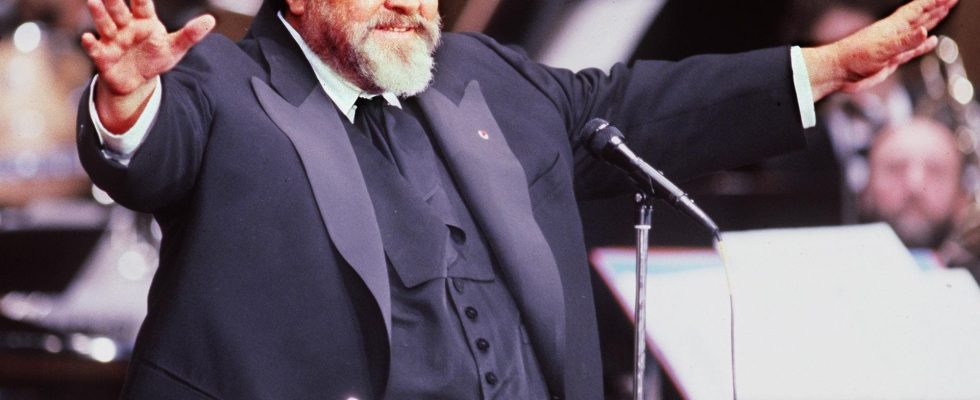DVD is not dead. It is resurrected as a collector’s item, in a box, the practical thing to offer as long as the recipient still has a reader adapted to this digital animal on the verge of extinction. It’s okay for me, my computer is over ten years old.
After the integral of War and peace by Sergei Bondarchuk, who distracted a good part of my fourteen and a half hours on the plane, here is Orson Welles’ masterpiece, The Thirst for Evil, in all its versions: that of Welles’ first cut made in 1958 (1h49), the one that was put together behind Welles’ back by the Universal producers, cut by a quarter of an hour, with additions made by Harry Keller, and marketed in 1958. And a “restored” version reassembled according to the documents left by Welles, this is the one which was released in theaters in 1998 and which is today a reference. The comparison will interest Orson Welles lovers, cinema madmen, rebels who always resent the producers, their way of castrating, of preventing, of thinking for others, of exercising their power to the detriment of artists. In each version, Welles’ genius shines through regardless. And all the stronger as the scenario is weak. The staging was all the more original as the resources allocated to it for its production were meager.
A fourth disc offers a documentary by Mark Cousins made in 2016, In the eyes of Orson Welles. A hagiographic love letter lasting more than two hours. The director’s voice is captivating, the documents lent by Orson Welles’ daughter are very touching: drawings, letters, an abstract painting… Mark Cousins travels a lot in Welles’ footsteps, trying to make connections between the places where Orson lived, as he affectionately calls it, and the sets of his films. He establishes a private relationship with his idol of whom he paints a portrait of a man alone, without contingencies or friends or loves. Love is reserved for him. In this sentimental tête-à-tête, Mark Cousins ignores what Welles had adopted as a principle: getting out of the genre, never doing what others have already done, fleeing routine at the risk of breaking his face, of make enemies and sink into decay. By placing his Orson on such a pedestal, he films him from below, as Welles did, and makes him inhuman. It is exclusive love.
Long live literature that tells the story of cinema!
It is different from the 150-page booklet included in the box set written and supervised by Marc Toullec. It’s a delight, a most thrilling little adventure novel. The author is right to say in the opening that the story of The Thirst for Evil would deserve a biopic on its own like Benjamin Ross did with this other Orson Welles masterpiece, Citizen Kane. Long live literature that tells the story of cinema! We learn here lots of amusing, moving, powerful things, which show that Welles’ life was made up of loving, professional, fraternal relationships: “I am interested in what surrounds me, in what is happening around me” , he said to shed light on the supposed mystery of his cinema.
The Thirst for Evil, as Toullec presents it, contains half a dozen love stories. With Marlene Dietrich, of course, summoned to the set overnight for a role that did not appear in the script. With Charlton Heston, then at the height of fame after the release and triumph of Ten Commandments (Cecil B. DeMille), who has such respect for Orson Welles that he admits that he steals the show. With Janet Leigh who broke her arm at the end of her previous film but says nothing about it because she wants to film with Welles. She asks her surgeon to equip her with a removable cast which she removes before each treatment. Welles will use this handicap to film the blonde in positions of unprecedented sensuality.
And everything is like that. “I pay attention to other people’s ideas.” To ideas and accidents.
Christophe Donner, writer
.
